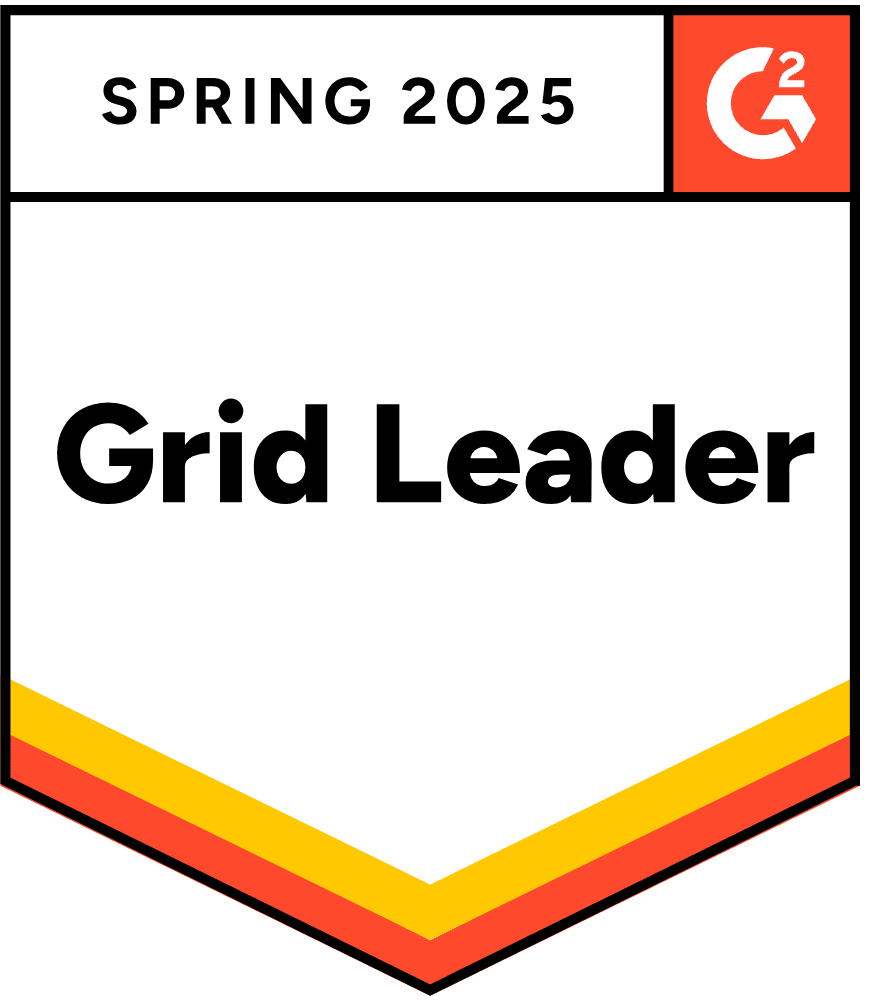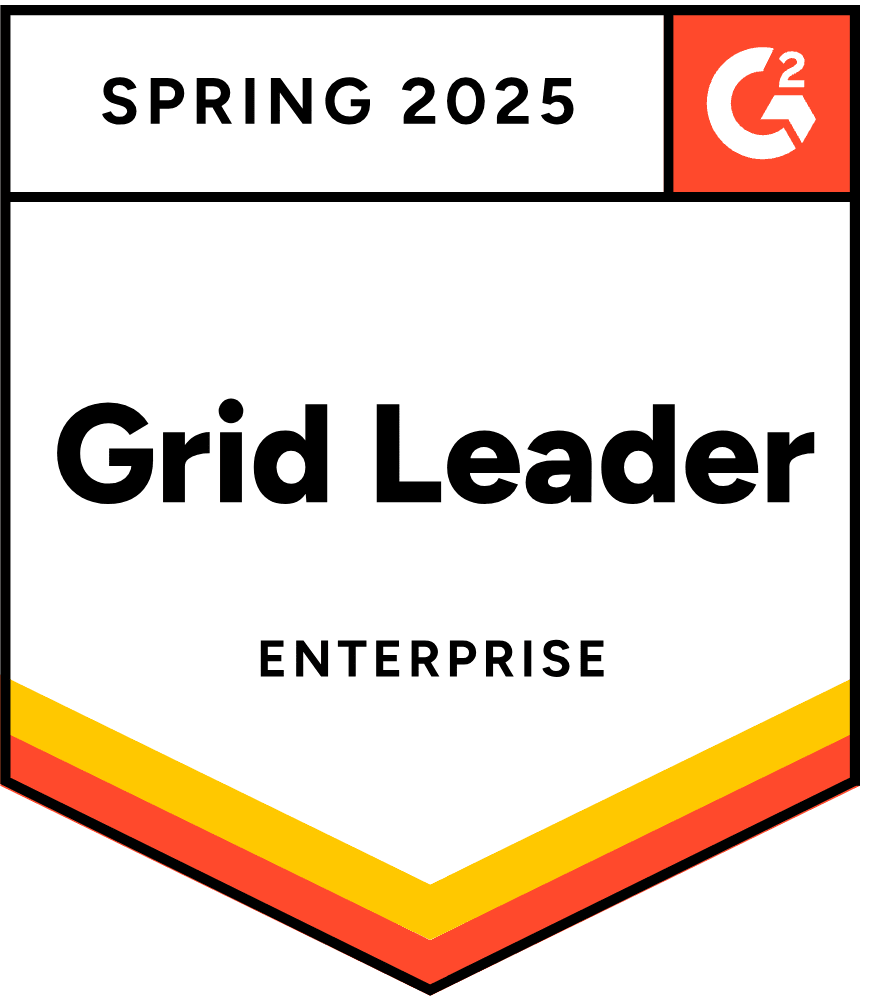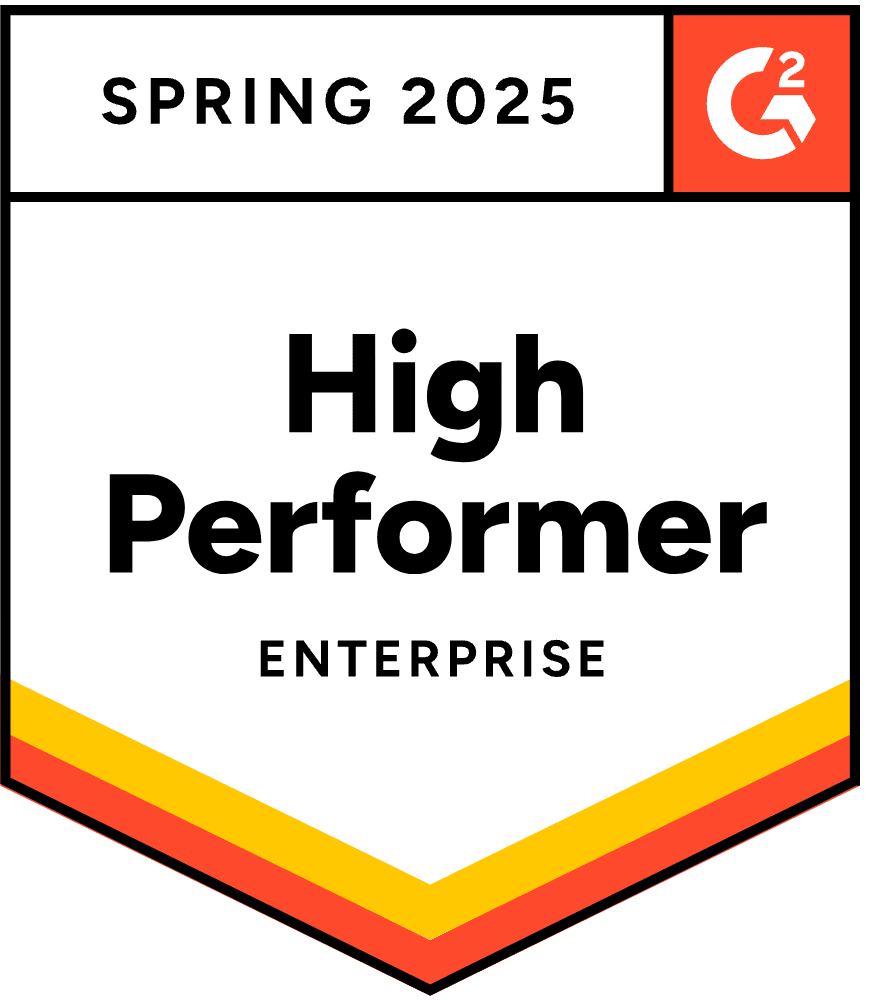Artificial intelligence (AI) stormed onto the scene this year, with the launch of ChatGPT. Though you may not grasp its intricacies, you’ve likely heard about numerous organizations incorporating AI into their workflows. From personalized recommendations on streaming platforms like Netflix, and fraud detection in financial institutions, to deploying AI to optimize crop yield predictions, companies are driving innovation and efficiency at an unprecedented scale.
If you are an early adopter, you’ve likely explored how AI can help you in your day-to-day life – but perhaps you haven’t incorporated it into your talent acquisition processes. Or, if you’re someone who is still weighing the pros and cons of using AI, that’s okay too, read on.
In this blog, we’ll cover seven ways using AI in talent acquisition can revolutionize the way you attract, engage with, and onboard talent. From streamlining recruitment processes to optimizing employee onboarding, the role of AI in talent acquisition is in full swing.
AI Trends That Will Dominate the Talent Acquisition Space in 2024
As AI becomes an integral part of our daily activities, there are certain key trends in talent acquisition that are anticipated to gain significant traction in 2024.
Data-led decision making
2024 is definitely not the time to make decisions based on gut feeling and guesswork. Rather, it’s time to let the data do the talking… and AI is here to help.
Predictive analytics will help TA teams forecast talent needs, identify high-potential candidates, and optimize recruitment strategies and budgets based on historical performance data. All this will ensure more informed and smarter, data-led decisions. And decisions based on real-time data save both time and money, support strategic planning, mitigate risks, and drive operational efficiency.
Use of generative AI to personalize the candidate experience
We’ve heard a lot about it, but are you still wondering what generative AI is? To put it simply, this type of AI can create new content, like writing stories or creating art, all on its own, with the help of prompts.
Using this technology, recruiters can personalize every candidate’s experience. It’s safe to say that most folks like to be addressed personally instead of receiving an email that starts with ‘hey there’ or a ‘dear candidate’. From customizing job recommendations to crafting personalized emails and interview invitations, generative AI ensures that each interaction leaves a positive impression on the candidate.
Using generative AI in talent acquisition not only helps you find the right candidate; it’ll help make the candidate feel valued from the first click to the final offer, giving a boost to your employer brand.
Struggling to Build Meaningful Relationships with Candidates, Across Channels?
Make your candidate database work for you and create experiences that convert. Meet MOJO Talent Engage CRM.
Learn moreAI-based diversity, equity, and inclusion strategies
Diversity, equity, and inclusion (DE&I) are business imperatives today. This will only accelerate in 2024. And AI’s machine learning algorithms are here to help make sure your organization’s mandates are being met. For one, AI can help identify and eliminate unconscious bias (gender bias, regional bias, etc.) in job descriptions, resume screening, and even in interviews (think AI review of transcripts!). The result? More diverse candidates that bring varied perspectives to the table.
The dynamic between AI and DE&I will not just be about meeting quotas set by an authority, but about providing equal opportunities and celebrating differences in the workplace.
Exponential growth in natural language processing applications
What is natural language processing (NLP), you ask? Well, NLP helps machines comprehend and respond to our languages, making it possible for them to interact with us in a more human way. Talent acquisition teams are already using this technology and its adoption is projected to expand at an accelerated rate. The NLP market size, valued at USD 25 billion in 2022, is expected to grow at a CAGR of 35% from 2023 to 2032.
NLP can help in shortlisting candidates based on their communication skills. Chatbots equipped with NLP will engage candidates in natural conversations and extract insights into their skillset and even assess cultural fit for the company.
Use of augmented reality for candidate assessments
For those who are unfamiliar with augmented reality (AR), it adds computer generated visuals (information, characters, etc.) to what you see in the real world. It’s like turning your everyday surroundings into an interactive, digital playground. When it comes to assessing candidates – and this is a big responsibility for talent acquisition teams – AR is here to lend a helping hand.
For one, candidates can leverage a more immersive and hands-on approach to showcase their skills to potential employers. And TA teams can get a more holistic view of the candidate’s potential for an open role using the tremendous power of AR.
Here’s an example. An architecture and design firm is looking to hire a designer. They want to assess the candidate’s spatial awareness and design thinking, but traditional assignments don’t allow that. Using an AR-enabled tablet and smart glasses, the firm asks candidates to design an innovative office space. This immersive approach assesses spatial skills, design thinking, and real-time iteration. The holistic approach provides insights into candidates’ creative problem-solving and adaptability to design technologies.
AI-based skill development and training
Upskilling is the way to sustain and succeed in a role, and the talent acquisition team has to be at the top of their game, be it:
- Identifying skill gaps in a promising candidate
- Collaborating with internal teams to design assessments
- Creating upskilling programs/workshops
- Incorporating upskilling into onboarding
- Building partnerships with educational institutions
AI can be a great supporting tool in this process, helping to create personalized learning paths for employees, based on continuous data analysis. AI can track and assess employees’ performance, recommend relevant courses as per the job requirements. It can also tailor those recommendations to address specific areas of improvement. The goal? To foster a culture of continuous learning and growth. And we all know how much that pays off!
AI-driven process automation in employee onboarding
Here’s another chance for AI to eliminate some mundane administrative tasks like manual document verification, employee data collection. AI-based onboarding systems provide personalized training modules based on a new employee’s role. This ensures a seamless transition into the company culture, reducing the time it takes for employees to become fully productive. This holistic approach not only enhances efficiency but also contributes to higher employee satisfaction and retention rates.
AI’s Influence is Real, Let Us Welcome It
As we step into 2024, the future of talent acquisition looks brighter and more exciting than ever, and AI is becoming a key collaborative tool. The integration of AI in talent acquisition is not just a tech upgrade; it’s a paradigm shift in how we approach recruitment and employee management. From streamlining processes, to enhancing decision-making, and ultimately contributing to creating workplaces that are not only efficient but also empathetic and people-oriented, these trends are set to redefine the talent acquisition landscape, for the better.
See us in action to boost your company’s productivity. Follow us on X and LinkedIn for more hiring insights!














